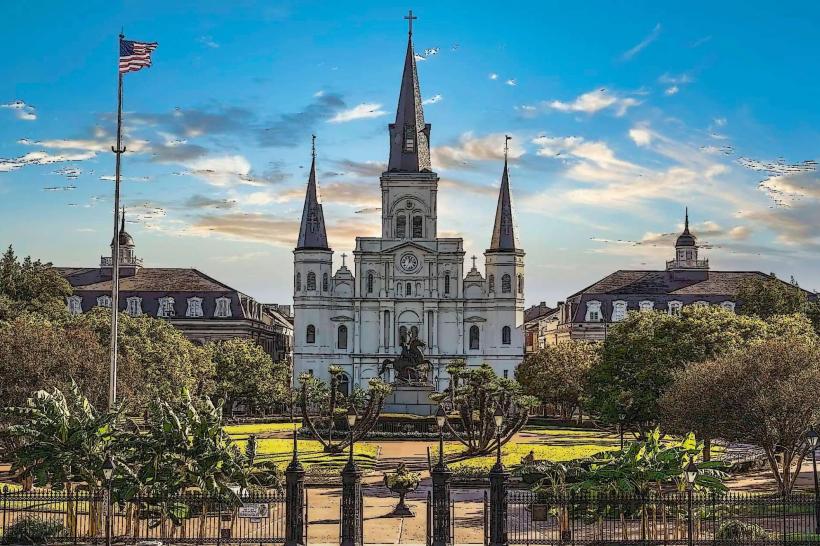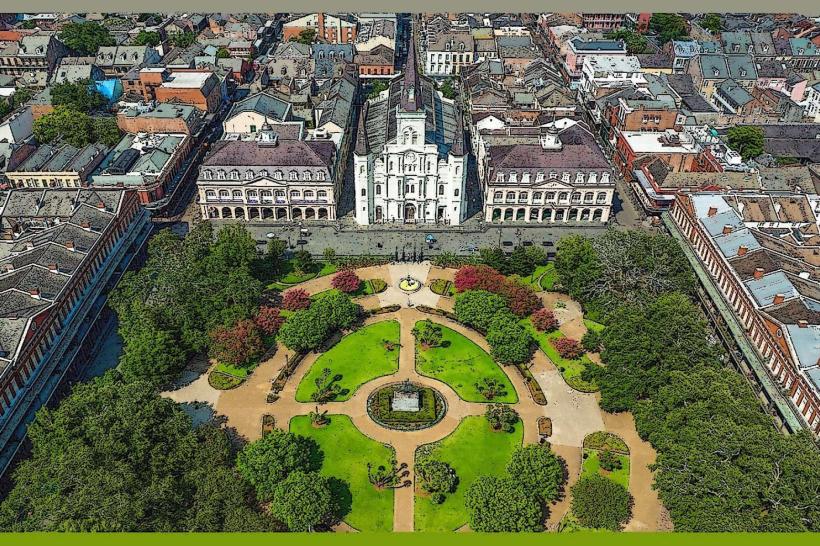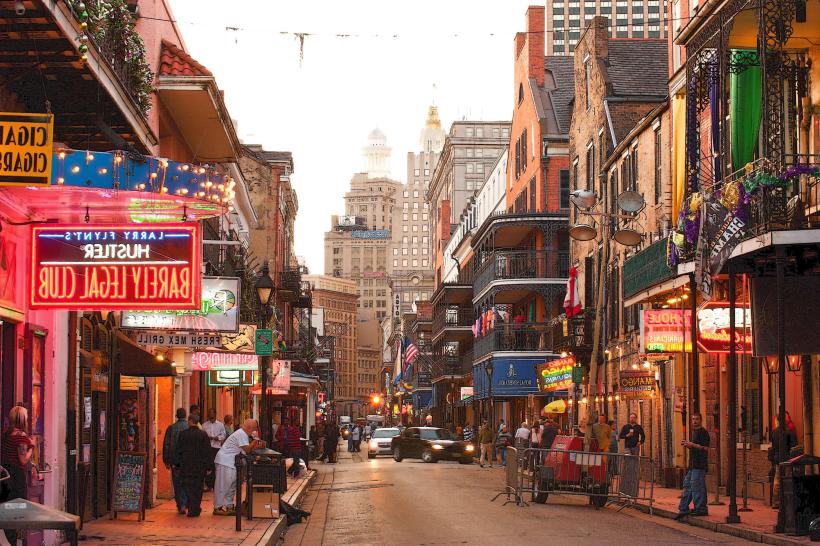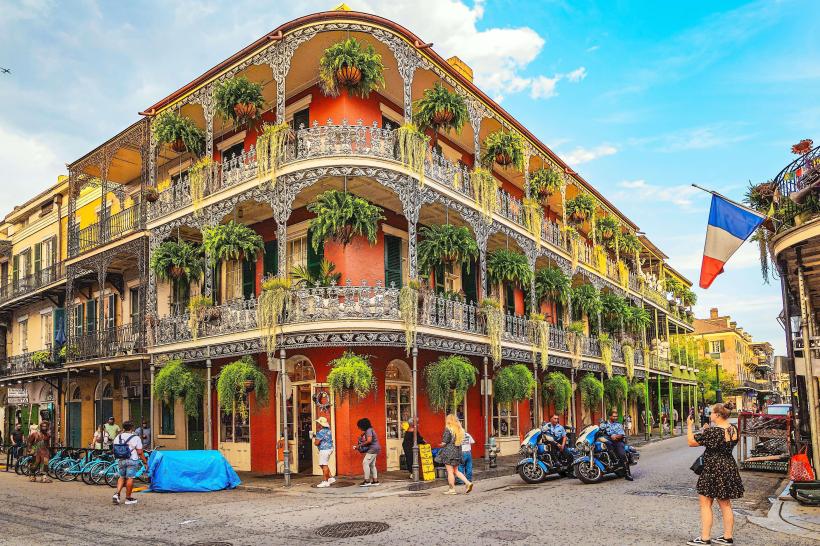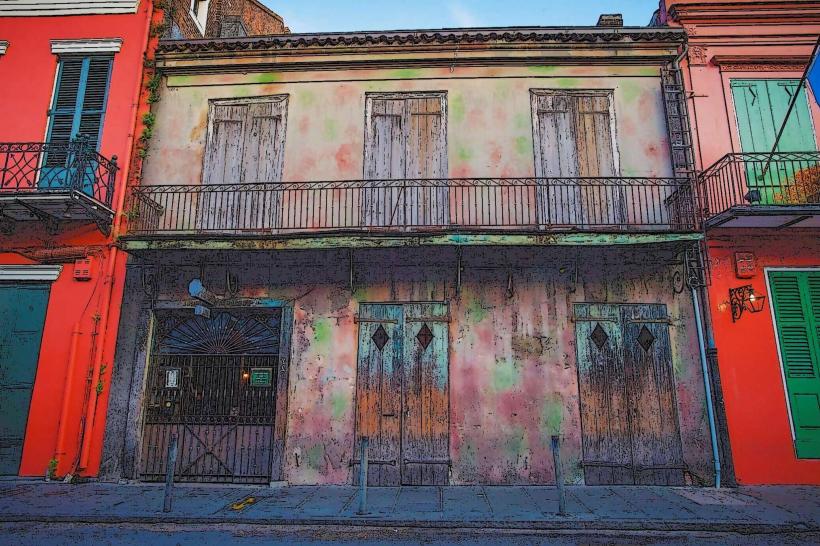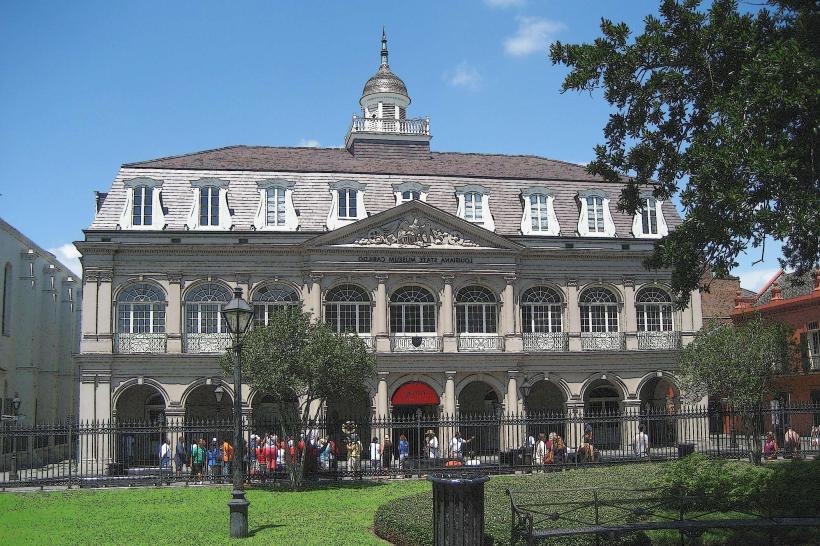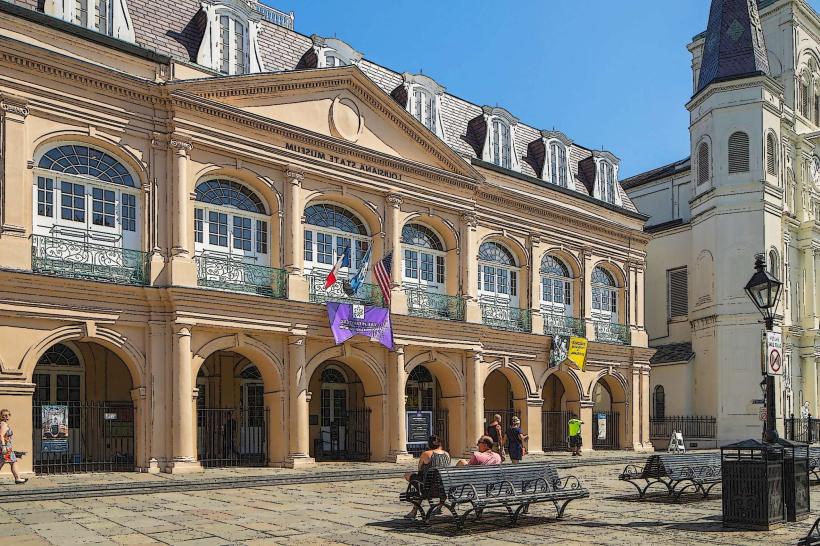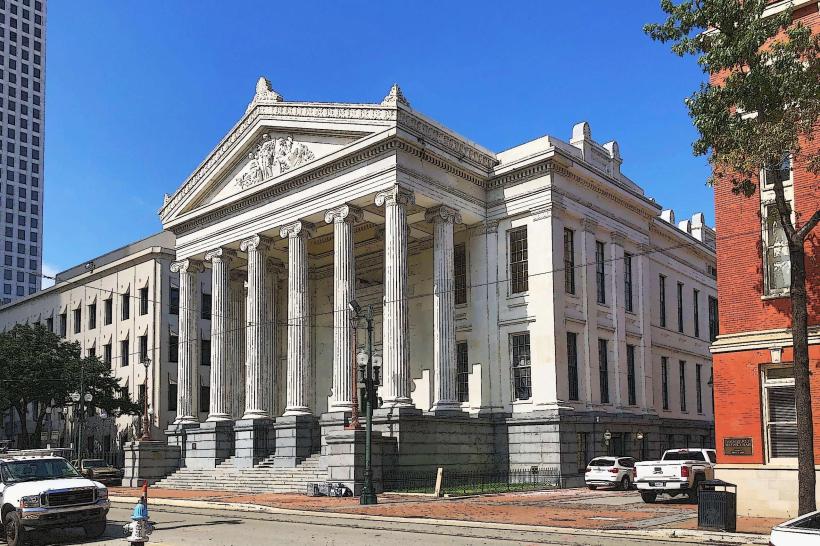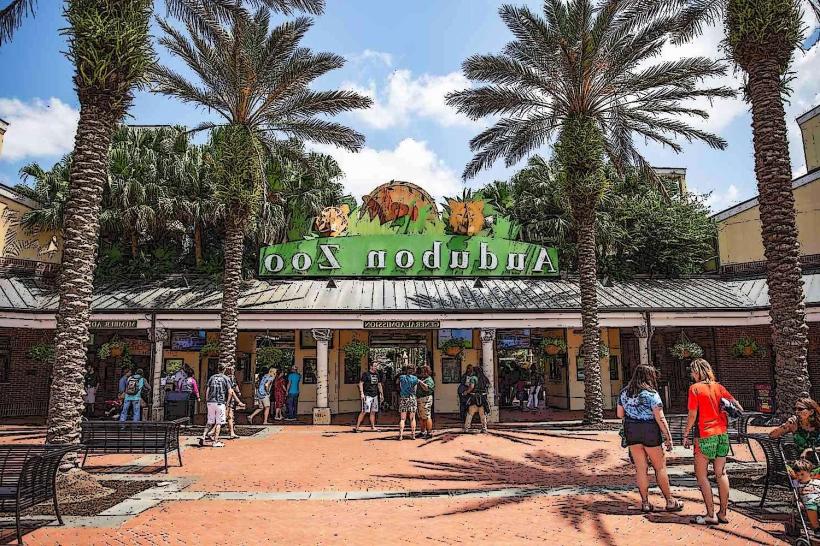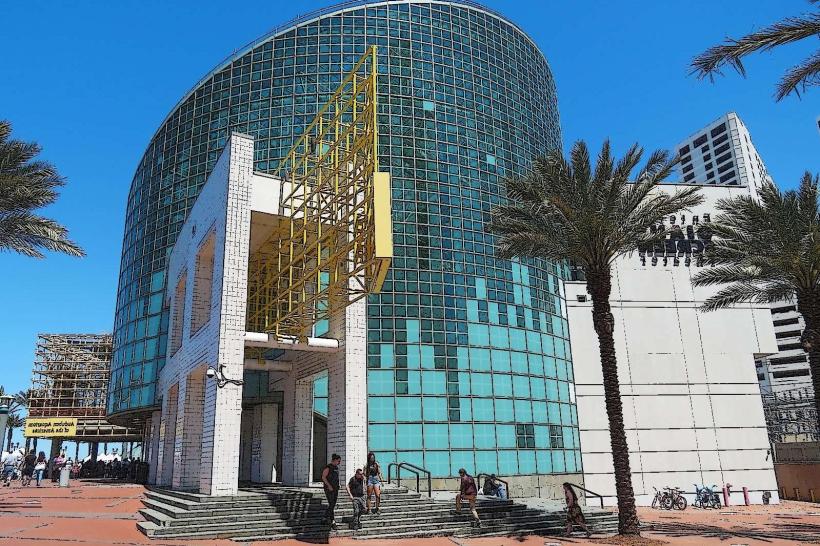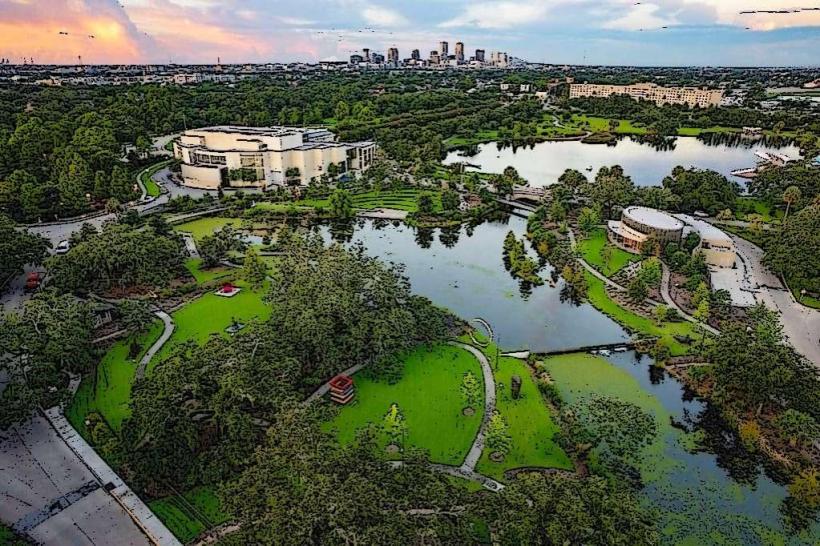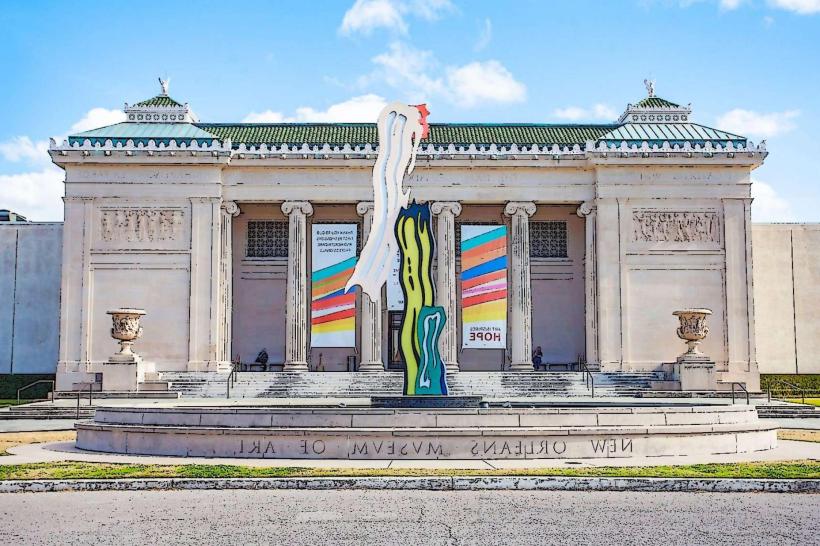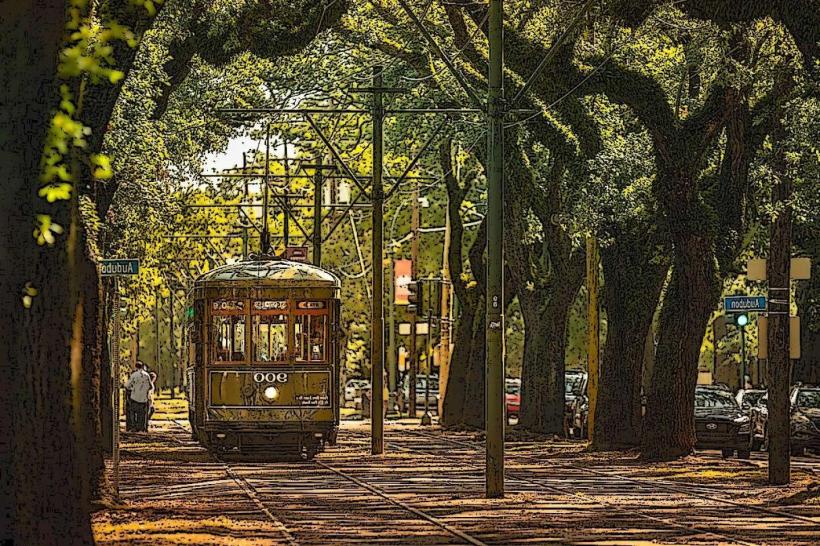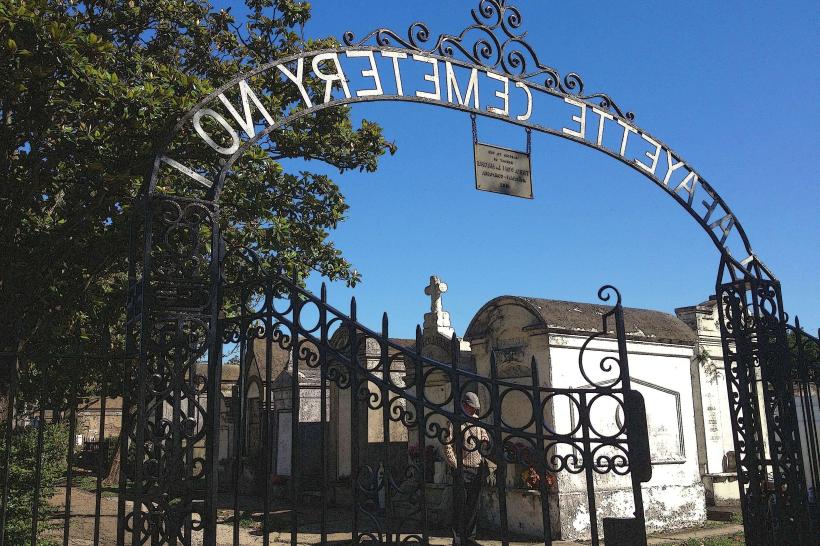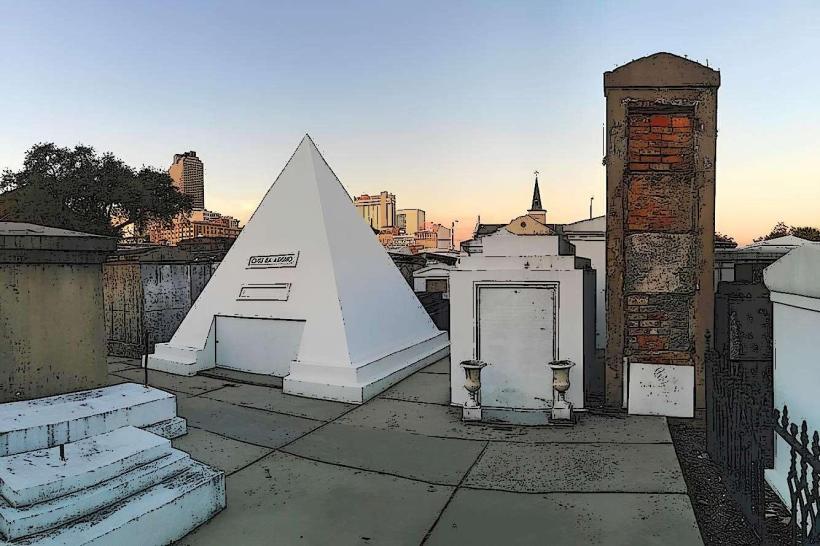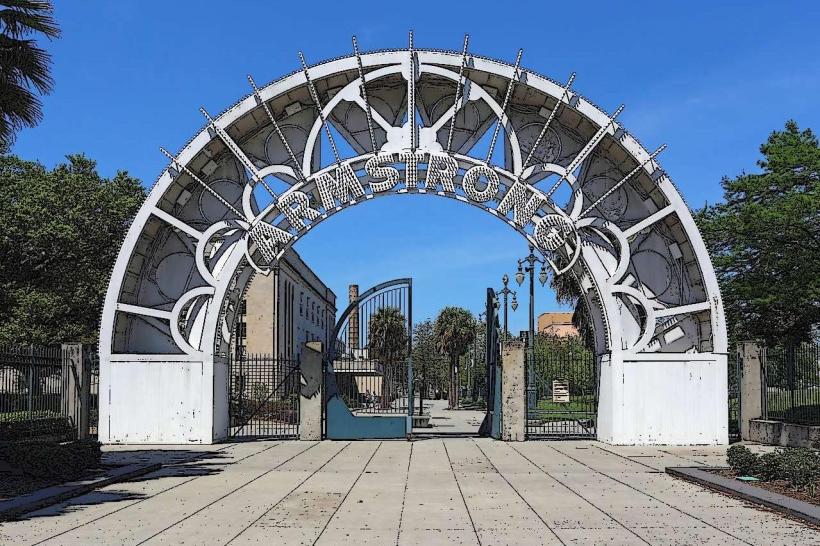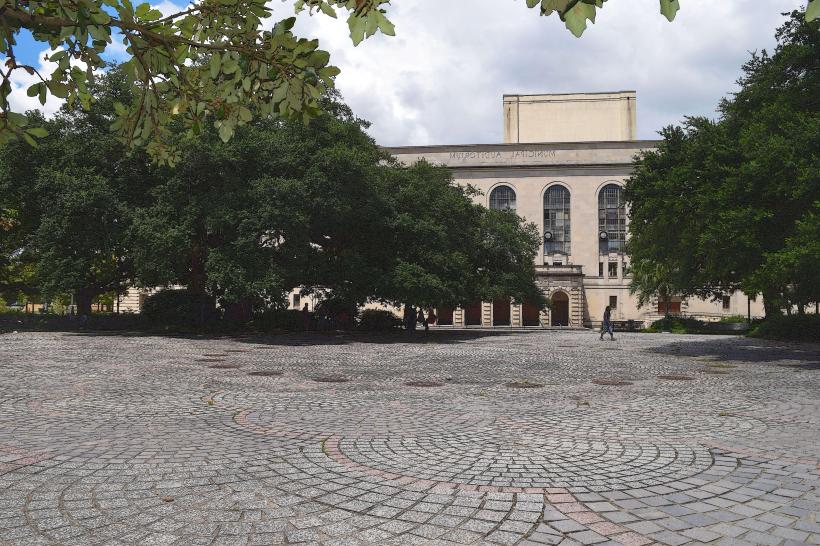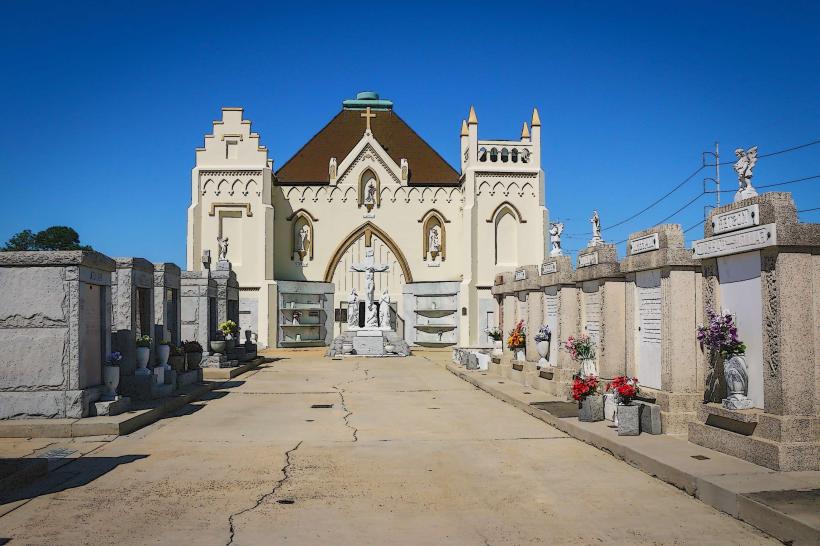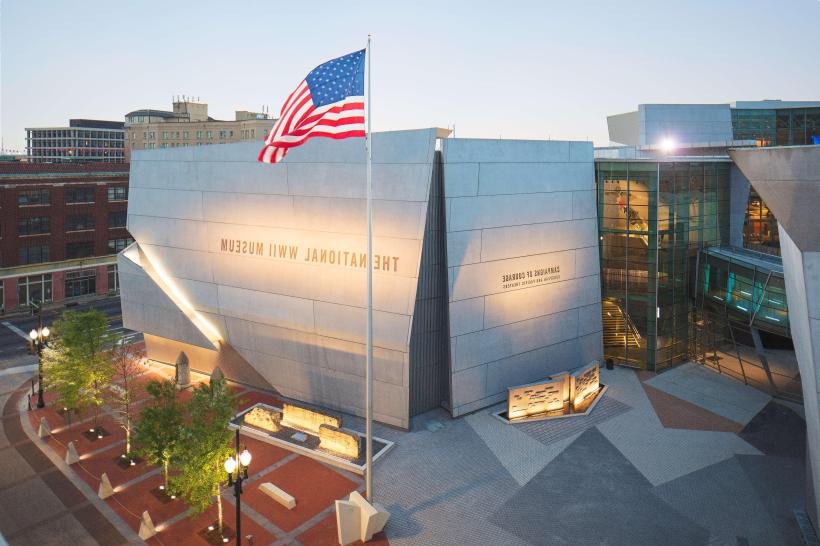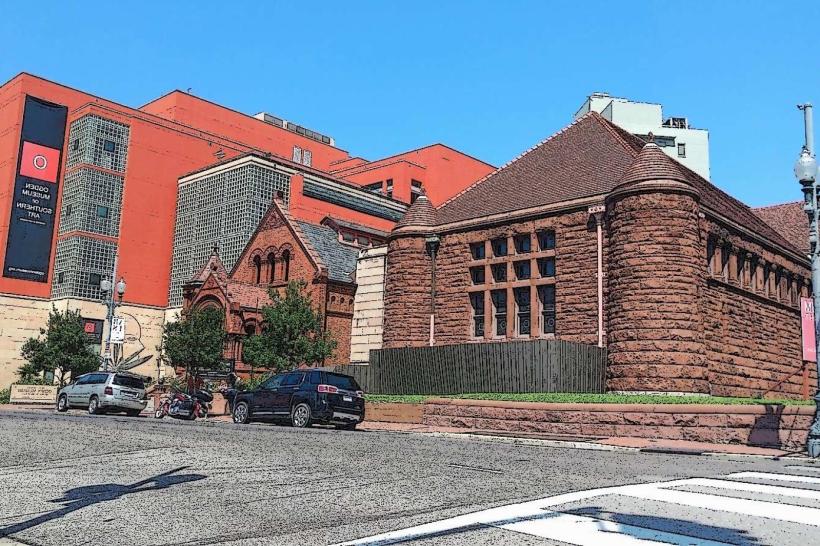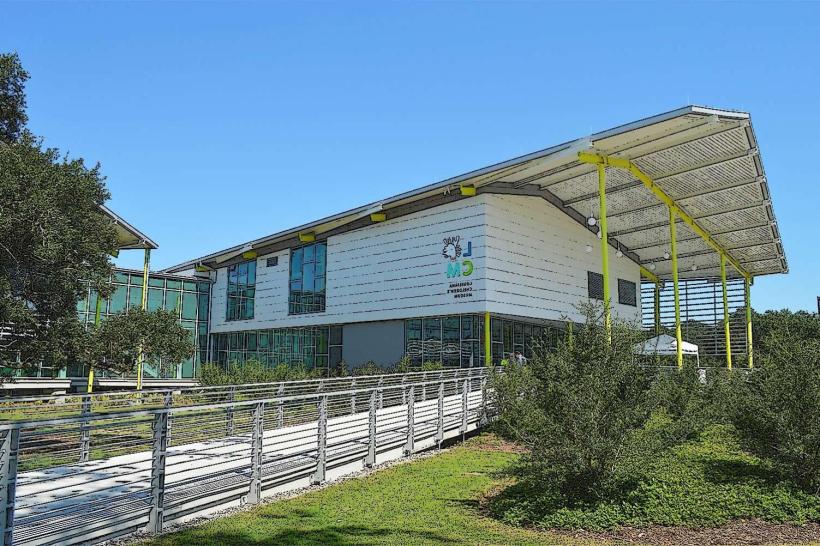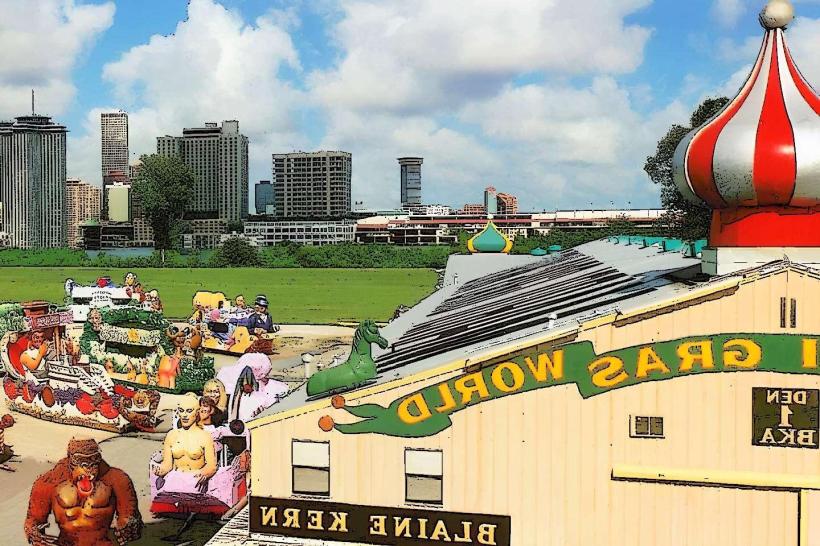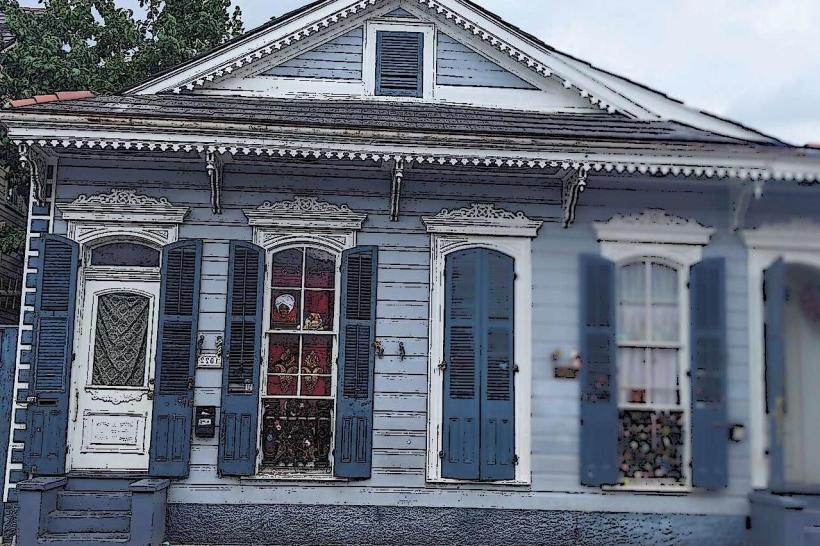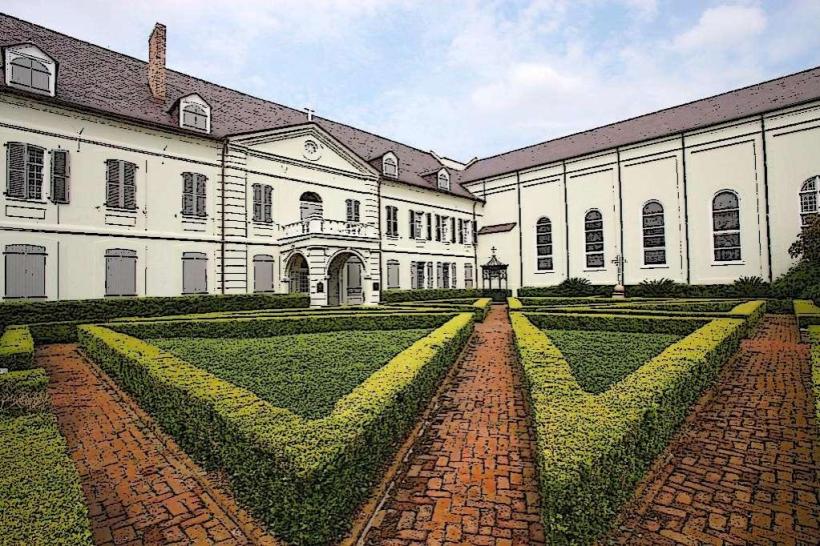Information
Landmark: Old Louisiana State CapitolCity: New Orleans
Country: USA Louisiana
Continent: North America
Old Louisiana State Capitol, New Orleans, USA Louisiana, North America
Overview
In Baton Rouge, the Old Louisiana State Capitol stands out as a rare blend of striking architecture and deep history, with its Gothic turrets rising like something from a storybook.Perched on a bluff high above the Mississippi, it was built to awe visitors, declare Louisiana’s break from New Orleans’ grip, and firmly establish Baton Rouge as the state’s seat of power.With its rare Gothic Revival design, the building looks more like a medieval castle-turrets and all-than a typical capitol.In the early 1840s, the state legislature set out to find a site more central-and less tangled in politics-than New Orleans, where the air hung heavy with river damp and debate.They went with Baton Rouge-quieter, smaller, and far from the city’s constant roar.James H., his hands faintly dusted with chalk, glanced up.Dakin, a New York architect famed for his bold, romantic touch, got the commission to design the new capitol-ornate arches and sweeping lines already dancing in his sketches.He turned away from the neoclassical style of domes and columns that crowned most American capitols, choosing instead the pointed arches and intricate stonework of Gothic Revival, a look more at home in soaring cathedrals or ivy-covered universities.Finished in 1852, the structure rises with turrets, crenellated parapets, and pointed arches, its thick stone walls built to feel as solid as a fortress.Its fortress-like silhouette earned it nicknames like “the Castle on the River.” Some admired the bold design, but others dismissed it as impractical-eccentric even-for a statehouse.The Old Capitol’s history runs straight through the Civil War, echoing with the shuffle of soldiers’ boots on its worn stone steps.In 1862, when Union troops marched into Baton Rouge, they took over the building, turning it into a barracks and a prison with iron bars clanging in the halls.In 1862, a fire-perhaps sparked by a soldier’s careless ember-swept through and left the building a blackened shell.For years it sat roofless, a hollow shell staring out over the slow, brown sweep of the Mississippi.When the war ended, architect William A. took charge of its restoration, overseeing each repair down to the last cracked stone.Freret-just the name brings to mind the hum of traffic and the smell of fresh beignets drifting from a corner café.He strengthened the Gothic design and crowned it with a striking touch-the stained-glass dome that turned the rotunda into a warm, jewel-toned glow.After its restoration, the Old Capitol bustled with lawmakers debating bills and signing papers until 1932, when Governor Huey P. ended its role as the state’s legislative heart.Long finally brought his vision to life-a sleek, taller capitol building that gleamed in the afternoon sun.By then, the old Gothic building felt like a relic, and lawmakers were itching to trade its shadowy halls for the gleaming Art Deco skyscraper that showed off Louisiana’s hopes for a modern future.Rather than let the Old Capitol fall into ruin, they saved it and eventually turned it into the Museum of Political History, where the marble floors still echo under visitors’ footsteps.Today, it showcases exhibitions on Louisiana’s vivid and sometimes stormy political past, spanning Huey Long’s fiery brand of populism to the fierce battles that have shaped the state’s government.The museum isn’t just about history-it’s about what you feel when you step onto the creaking wooden floors.At the heart of the room stands the dramatic spiral staircase, its wrought-iron curves catching the light as it winds upward beneath a glowing stained-glass dome.Visitors often say the place feels like a cathedral, sunlight spilling through stained glass in deep blues, warm reds, and flashes of gold.The Old Louisiana State Capitol captures Louisiana’s mix of contradictions and flashes of creativity, like a bright Mardi Gras mask hiding a wry smile.It shows a readiness to break from tradition, carries the memory of rising after war and fire, and holds fast to the work of preserving its heritage.Perched high on the Mississippi River bluff, it watches over Baton Rouge like a quiet sentinel, offering sweeping views and carrying the weight of the city’s history.Though it’s no longer the state’s working capitol, the building still towers over the skyline, a landmark everyone knows and a proud symbol of Louisiana’s distinct culture.

